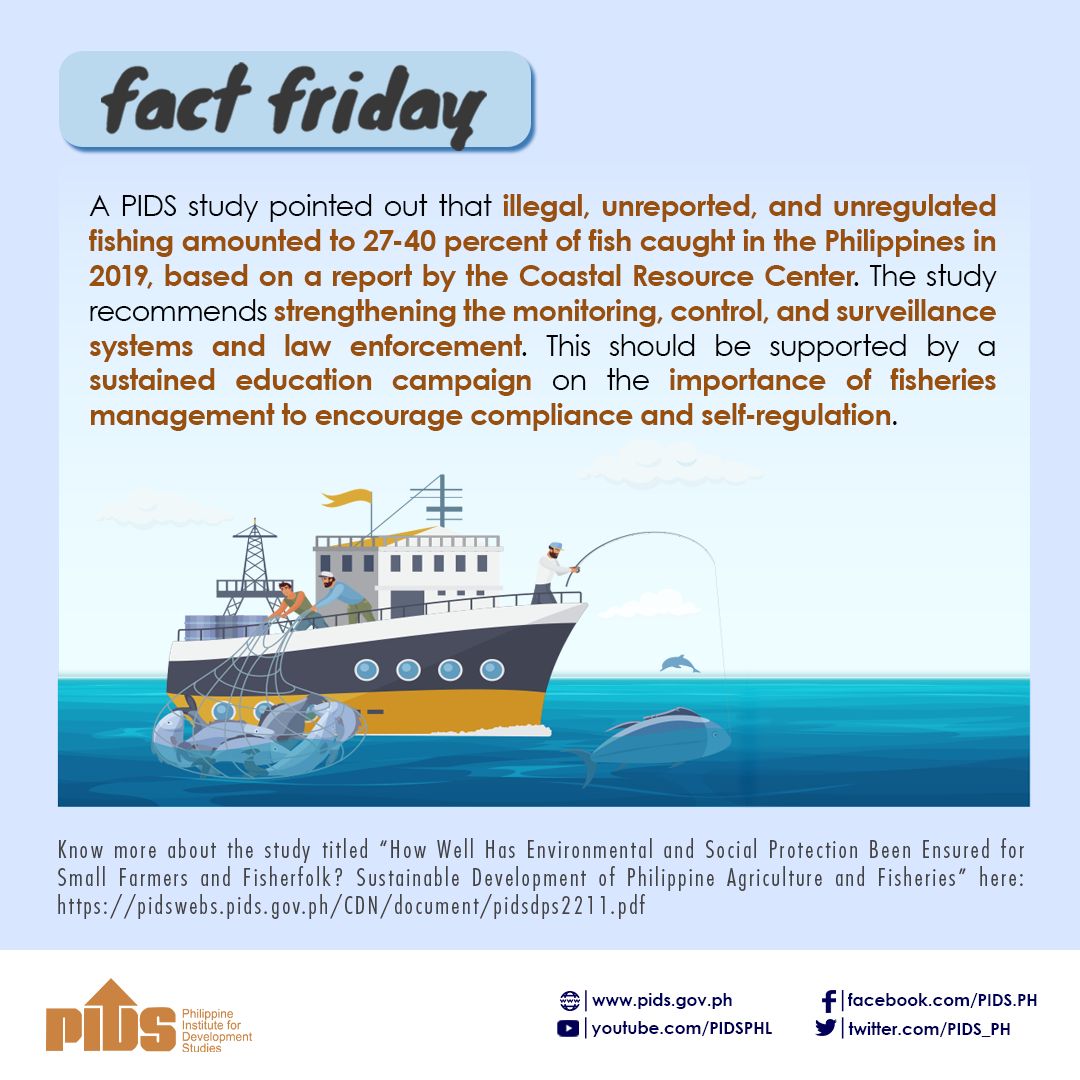STATE POLICY think tank Philippine Institute for Development Studies (PIDS) recommended more targeted policies that would enhance access of small and medium enterprises (SMEs) to key factors that spur innovation, including foreign direct investments.
The think tank made this recommendation after discovering SMEs invest less in innovation than larger companies, missing out on enhanced sales, profits and labor productivity.
PIDS noted in a Feb. 18 press release that national development relies on innovation and that the ASEAN Economic Community considers SMEs as vehicles for innovation and inclusive growth.
"To create an atmosphere that allows SMEs to have greater access and financing opportunities to generate innovation, the country’s leaders must make targeted policies,” the release read.
An 18-page discussion paper titled "Does Innovation Mediate Good Firm Performance?” concluded that "firm size, age, and foreign equity are important factors leading firms to innovate.”
"Of particular importance to the Philippine development narrative is our finding on the role of foreign equity as a determinant of innovation. Removing regulatory and structural barriers to entry of foreign direct investments will be critical in attracting such investments to the domestic market,” read the January 2015 paper, authored by PIDS President Gilberto M. Llanto and senior research specialist Fatima Lourdes del Prado.
The paper said large and more mature firms "seem to have a higher propensity to introduce process and product innovations than smaller and younger firms,” noting these companies’ knowledge, experience, and larger talent pools.
"Small-sized firms or start-up companies... may find it more challenging to do product innovation than process innovation, while large companies could typically undertake [both] as a matter of routine,” it noted.
Fifty-four percent of the 211 Calabarzon region companies surveyed for the study introduced new products in the last two years.
The survey also discovered that 60% of foreign-owned firms introduced new products, compared to 44% for surveyed locally owned firms.
This finding affirmed previous studies saying foreign capital participation is an important indicator of product innovation, the paper said.
Only close to half of surveyed SMEs -- defined as those with less than 200 employees -- introduced new products, compared to about 75% of the larger firms.
In recognizing that innovation had a positive effect on business performance, the study cited survey results that said 29%-35% of the firms reported moderate to substantial increase in sales, profit and export value, while 40%-50% showed moderate to significant profit and labor productivity growths.
Thirty-five to forty-five percent of the surveyed companies reported no significant changes in all performance measures.
Introduction and development of new products or improved existing ones were counted as "product innovation.”
Yet, the study found that "process innovation” -- the adoption of improved business practices -- had a more marked effect on firms’ sales and profit performance.
Seventy percent of the companies were found to have tried and achieved some form of process innovation.
According to Trade department data, 99% of the country’s businesses are classified as SMEs. --
Targeted policies sought to spur innovation in small businesses












